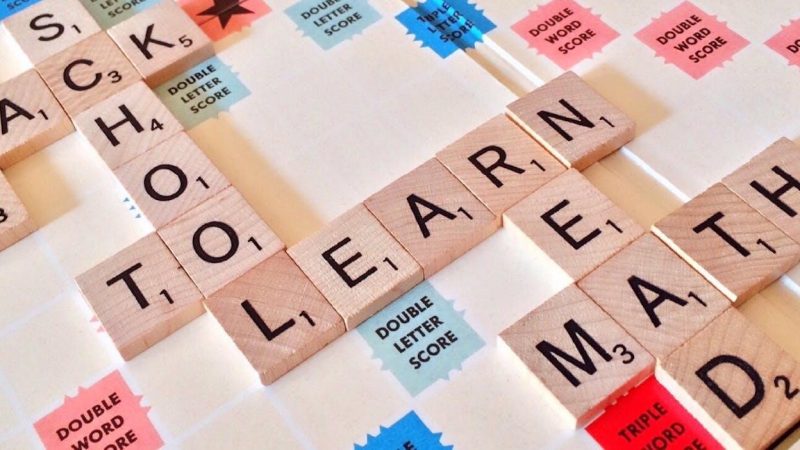10 tips for studying clinical medicine

Clinical medicine, taught during the final two years of an MD program, is a vital part of the medical curriculum. In year three, the students are placed in a real hospital setting to practice as trainee doctors and turn their theoretical knowledge into practical experience.
Completion of the clinical medicine MD program will earn the students their degree following which they pursue a medical residency. Studying clinical medicine can be equally challenging and exciting.
How long is the clinical medicine program?
It is important to learn about the duration of the clinical medicine program before anything else. Clinical rotations in medical school are divided into two sets- core and elective rotations. The core rotations last for about 42 weeks and the elective rotations for 30 weeks, making clinical medicine a 72-week program.
Core rotations include internal medicine, pediatrics, surgery, psychiatry, gynecology, and obstetrics. The elective rotations can be chosen according to your preferred area of specialization and may vary in length as per the chosen subjects.
Studying clinical medicine can be tough but the right strategies and plans can help you complete it in a stress-free way. Here are a few tips that can help you study effectively during the clinical medicine program.
Create a study plan
Setting achievable study targets and covering them every day gives you a sense of satisfaction that can relieve your stress during the clinical years.
Time management
This is another important factor that can help you study during clinical rotations. Maintaining a balance between work and studies is crucial to completing the clinical medicine program.
Organization skills
Be organized in whatever you do. Do not rush between work and studies and always take your time for everything. To get the most out of work and studies, it is important to follow an organized, stress-free schedule.
Familiarize yourself with the study material taught in clinical rotations
Review textbooks and lecture notes from basic science classes to get acquainted with the topics so that it is easier to study the clinical medicine program.
Develop your learning style
Consider how best you study and prepare short notes or sticky notes to skim through during free time so that you do not forget what you learn.
Focus on your clinical experience
Regardless of how tiring it may feel, it is important to focus on your clinical experience. Immersing yourself within the experience can provide you with valuable lessons outside of the classroom.
Learn from your surroundings
You are surrounded by so many opportunities to learn as a medical student. This includes from physicians, patients, and peers. Everyone has knowledge to share and lessons to teach you that can be useful in the long run.
Think about your specialty
It is important to start thinking about your specialty as early as possible to indulge in targeted learning during core rotations so that electives can become easier.
Take every opportunity to study
Time is valuable at medical school and your experience will fly by. That’s why it is important to study whenever possible. Keep your notes handy to go through them during free time and find the best way that works for you to avoid procrastination.
Find time for yourself
As mentioned, time is valuable. It is just as important to spend your time enjoying yourself. Find time for yourself and get involved in recreational activities to boost your energy and mood.
By following these tips, medical students can enjoy everything medical school offers. It is important to find the right strategies that work for you when it comes to limiting stress during your studies.






